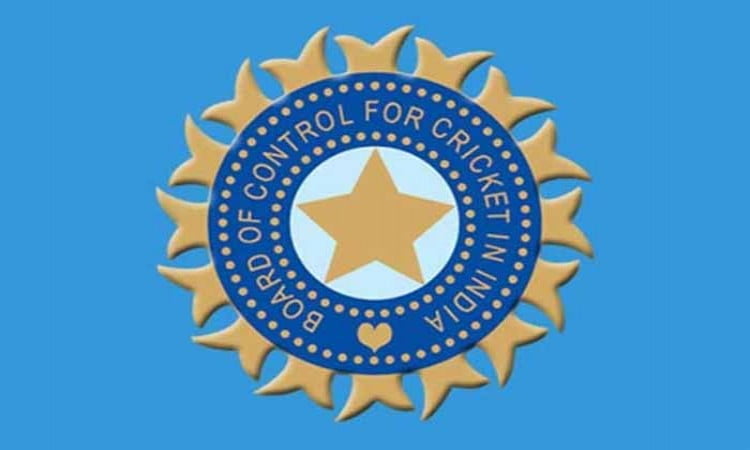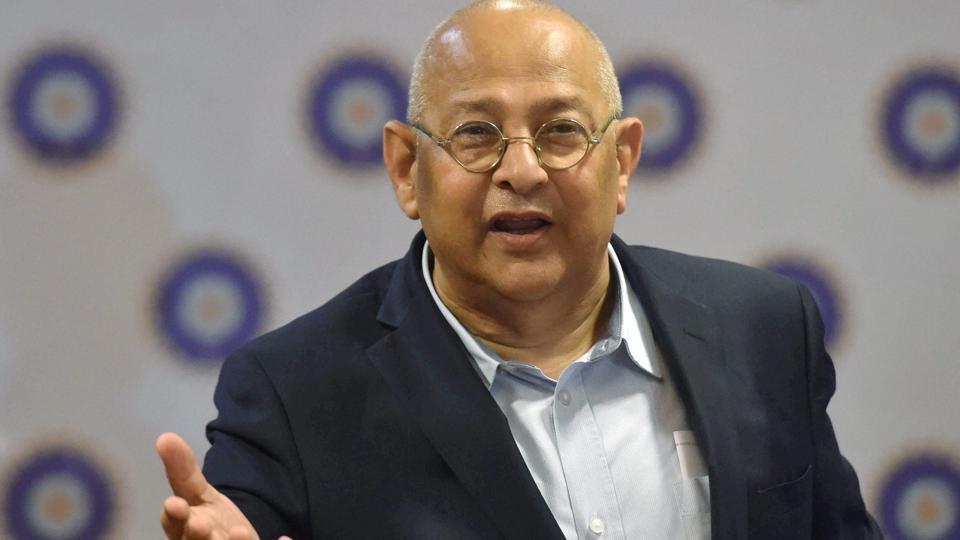After the International Cricket Council (ICC) is in danger to be labelled as non-compliant by the World Anti-Doping Agency (WADA), due to the Board of Control for Cricket in India’s (BCCI) decision to not allow dope testing of their cricketers by the country’s National Anti-Doping Agency (NADA), BCCI officials are divided into two opposite sides.

The BCCI’s interim secretary Amitabh Chaudhary calls to comply with NADA as he claimed that they don’t want to risk the credibility of the game in globally.
Amitabh Chaudhary, who attended the ICC Board meeting in Singapore, told TOI, “When I come back, I’m going to be writing to all concerned – Committee of Administrators (CoA) and the general body – and inform them of what’s at stake here. The onus is clearly on India (BCCI) to act because if we don’t we risk the credibility of the game in a large way.”

“India and Afghanistan are the only two countries that aren’t NADA compliant but as we know, Afghanistan is a different case altogether because of where they’re coming from.
“But in BCCI’s case, if we don’t take a step forward in this direction, we risk a global backlash to the ecosystem. Every international sport has moved together in one direction to comply with anti-doping norms. Now, why cricket is not able to move in direction, that’s the question.”
Meanwhile, the BCCI interim President CK Khanna has the opposite view on this as he claimed that the decision regarding BCCI’s anti-doping policy is likely not to be changed soon.

On Saturday, Khanna told according to Sportstar, “The acting secretary had aired his view but that is not the view of the general body of BCCI. I don’t think any decision can be taken with regards to policy unless new general body is formed.
“I believe even the CoA has decided to leave the matter to the general body. This is a serious issue and the cricketers are the biggest stakeholders in it. You can’t alienate them and take a decision in isolation.”
